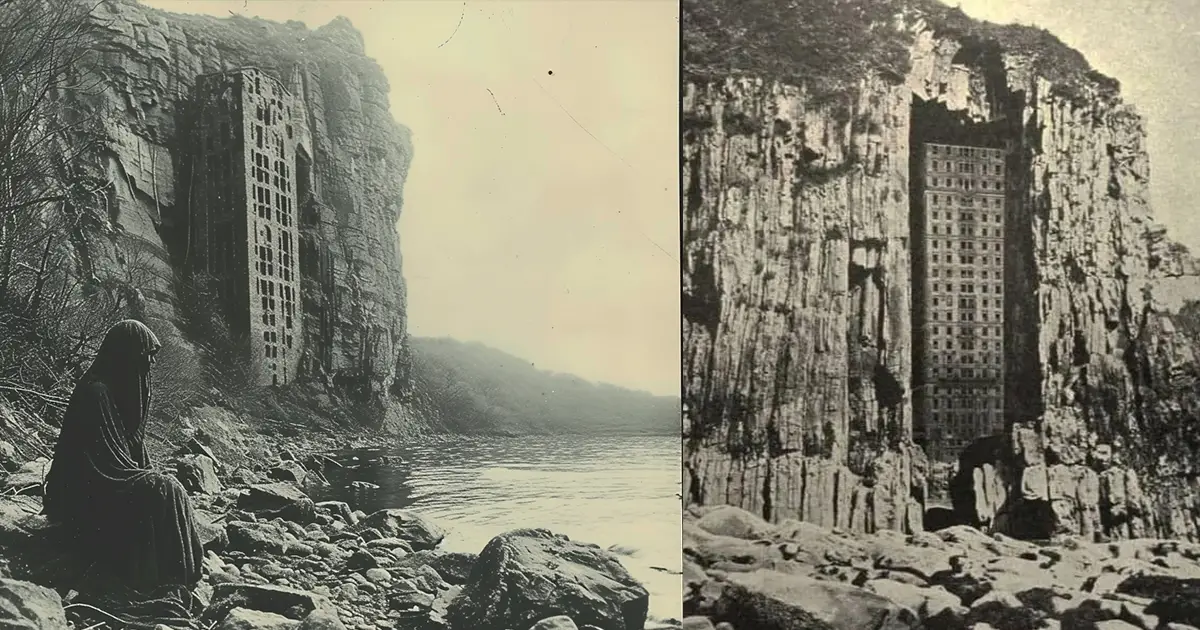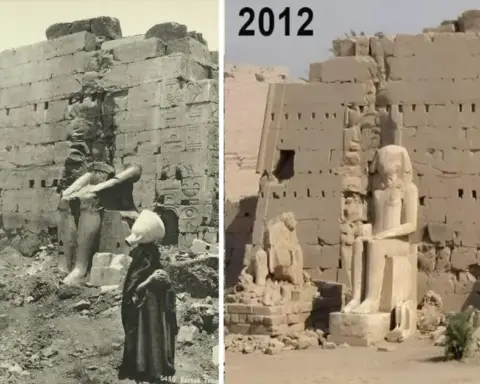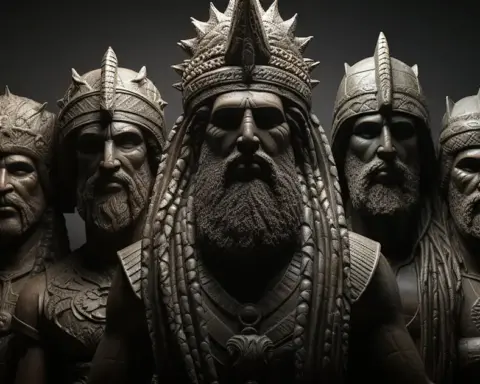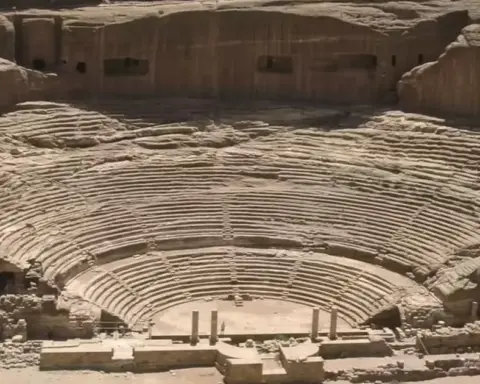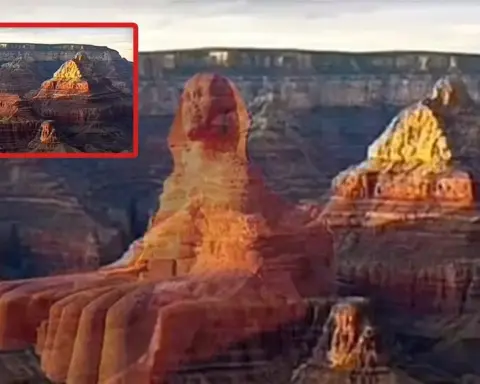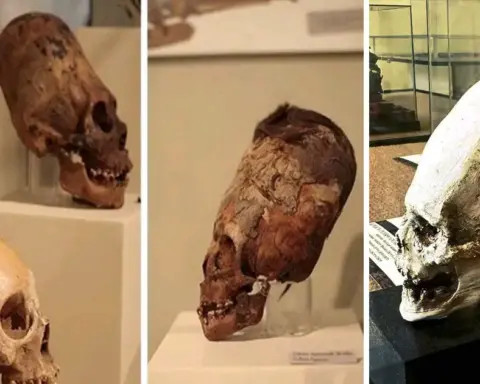In the annals of history, buried beneath centuries of dust and deliberate suppression, lies the enigmatic saga of Tartaria, a civilization whose story reads like a whisper from another world. This lost empire, known as Great Tartary, is a tale of grandeur and mystery, stretching across the vast expanse of northern Asia, from the Caspian Sea and the Ural Mountains to the Pacific Ocean’s shores. But what if this ancient world order, hailed as the “greatest country in the world,” holds secrets that challenge the very fabric of our historical understanding?
The Empire that Time Forgot
Tartaria’s existence is not a fabrication of fantasy; rather, it is anchored in historical accounts and maps predating the 19th century. Yet, as one delves deeper into its story, it becomes evident that the conventional narrative may have glossed over a civilization of unparalleled advancement and imperial might. The question arises: How did an empire so vast and influential simply vanish from the collective memory of humanity?
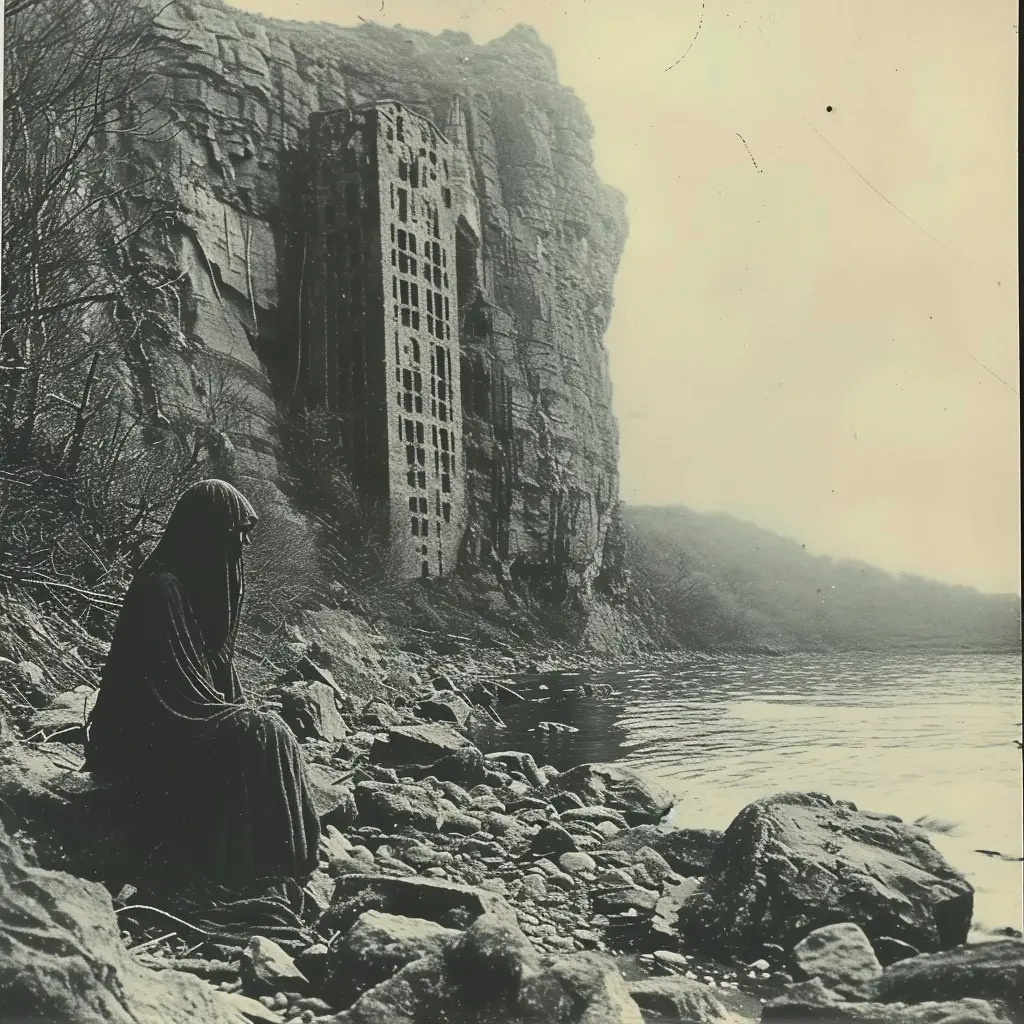
Catastrophe and Suppression: The Erasure of an Ancient World
The disintegration of Tartaria is shrouded in tales of catastrophe and conspiracy. Among these, the most chilling is the account of a massive mud flood, purported to have been an act of deliberate sabotage by the world’s elite. This catastrophic event, veiled in mystery, aimed to bury the cities of Tartaria, erasing the evidence of an empire that once rivaled the greatest on Earth. But why? The answer lies in the desire to transition from the Old World Order to a New World Order, where the memory of Tartaria’s greatness would be but a shadow.
The Suppression of Knowledge
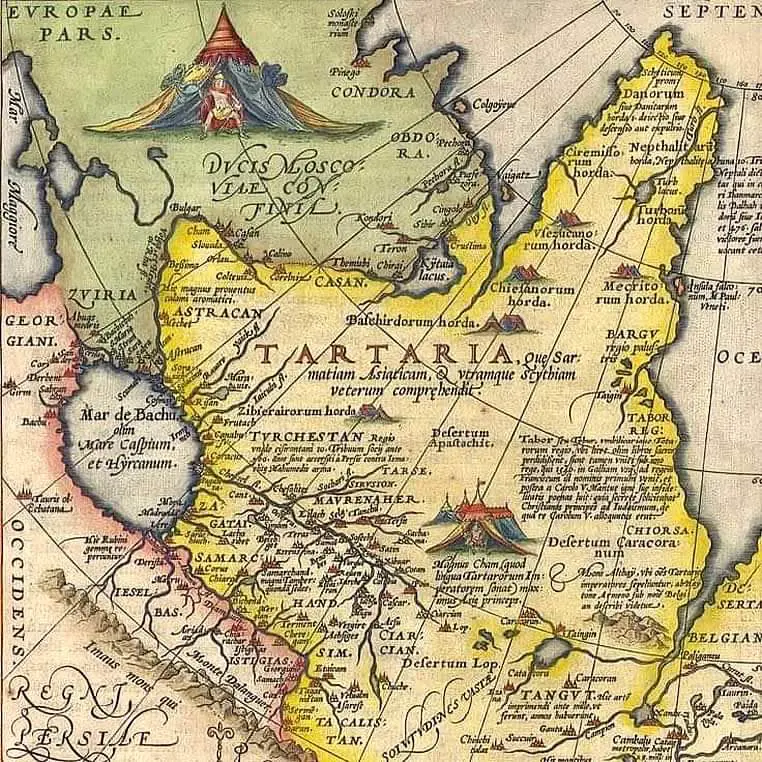
The suppression of Tartaria’s history is arguably one of the greatest acts of historical censorship. Researchers venturing into this forbidden narrative suggest that Tartaria was not only a political and military powerhouse but also a beacon of technological and scientific enlightenment. The empire is said to have possessed clean and free technology, far ahead of its time, glimpses of which survive in mysterious photographs and scant records. The ambition to control such knowledge led to the infiltration and eventual destruction of Tartaria by the global elite, who sought to claim its advancements as their own.
Tartaria’s Legacy: Between Fact and Myth
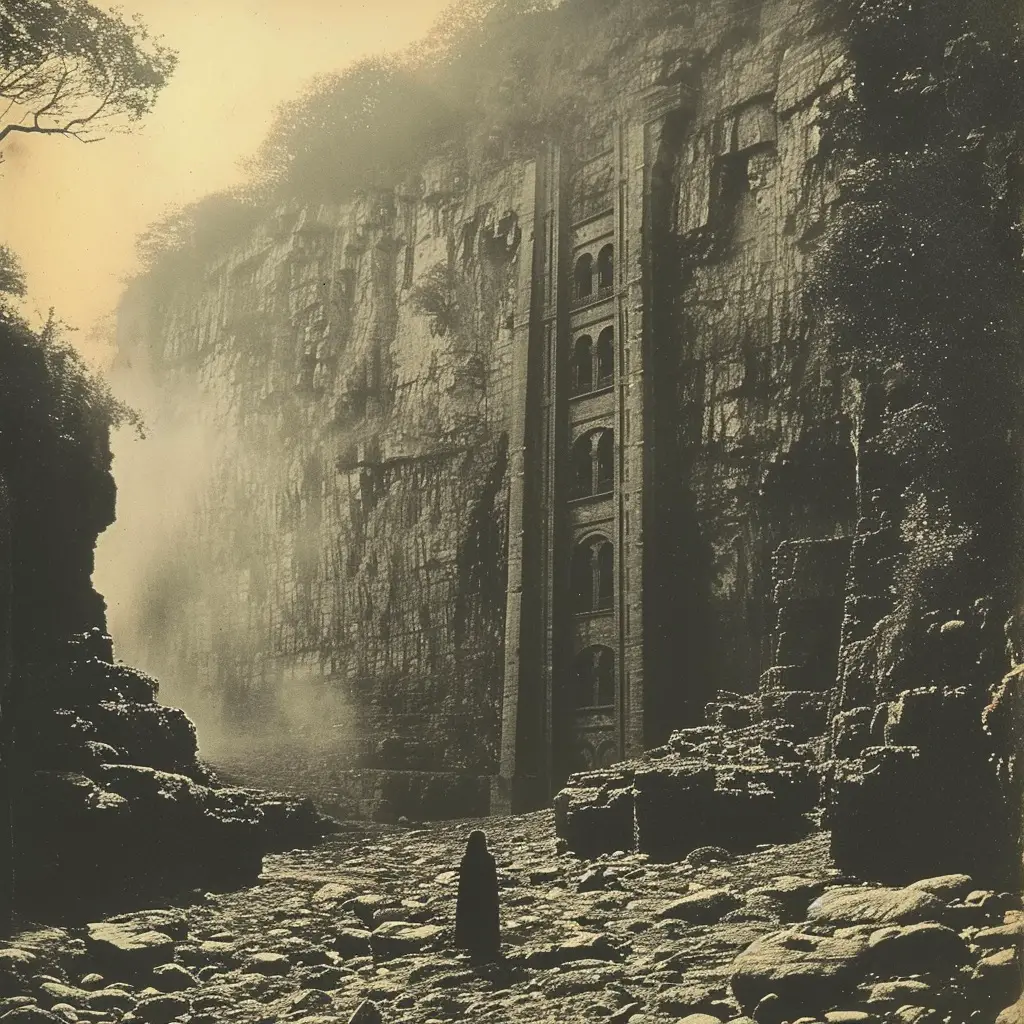
The legacy of Tartaria teeters on the edge of historical fact and myth. Official maps and publications from before the 19th century depict an empire sprawling across Siberia, contradicting the notion of a completely lost civilization. Yet, as the 19th century dawned, Tartaria began to fade from these records, its imperial character and influence over Europe and Asia suppressed. This selective amnesia begs the question: What truths about Tartaria are still hidden, waiting to be uncovered?
The Search for Truth: Unraveling the Mystery
The quest to unravel the mystery of Tartaria is more than an academic pursuit; it is a journey into the heart of human history itself. The alternative narrative of Tartaria challenges us to question the veracity of our historical records and the motives behind the suppression of entire civilizations. As new researchers piece together the puzzle of Tartaria, they not only bring to light the empire’s technological and scientific prowess but also expose the lengths to which power structures will go to control knowledge and rewrite history.
Conclusion: The Shadow of a Forgotten Empire
The hidden history of Tartaria and the reset of human memory invite us to ponder the impermanence of empires and the fragility of collective memory. Tartaria’s story, with its blend of fact and folklore, serves as a cautionary tale of how history can be manipulated, and entire civilizations can be erased from memory. Yet, as the veil of secrecy slowly lifts, the legacy of Tartaria offers a glimpse into a past that, though buried and suppressed, continues to whisper its truths to those willing to listen. In the shadow of this forgotten empire, we find not only the remnants of a lost civilization but also a reminder of the enduring quest for knowledge and the unyielding spirit of human curiosity.

